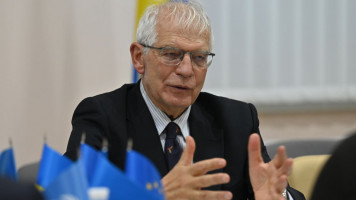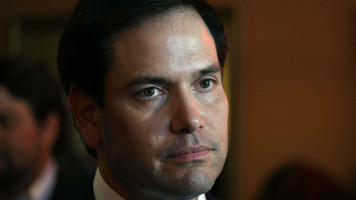US urges 'de-escalation of tensions' in Lebanon
The United States on Thursday urged an easing of tensions in Lebanon after deadly violence in Beirut sparked fears of a return to sectarian strife.
"We join Lebanese authorities in their call for calm, their calls for a de-escalation of tensions," State Department spokesman Ned Price told reporters.
At least six people were killed after shots were fired at a demonstration by the Shia Muslim movements Hezbollah and Amal, who were rallying against a judge investigating a massive blast last year at the Beirut port.
The United States declined comment on who was responsible but reiterated its criticism of Hezbollah, an Iranian-backed group which Washington considers a terrorist group.
"The future of Lebanon's democracy depends on the ability of its citizens to address the difficult issues with confidence in the rule of law," Price said.
"Judges must be free from violence. They must be free of threats. They must be free of intimidation, including that of Hezbollah," he said.
The protest started out peacefully, with Hezbollah and Amal supporters burning pictures of Judge Tarek Bitar - who is leading the investigation into the Beirut port explosion - and US ambassador to Lebanon Dorothy Shea in front of the Beirut Palace of Justice.
The jubilant mood was interrupted as shots rang out a few hundred meters away from the protest. It is unclear who fired the first shots, but the minister of interior said that snipers were likely responsible, since the first protesters were shot in the head.
Hezbollah and Amal blamed their foe the Lebanese Forces, a Christian party in the religiously divided nation, for attacking protesters.
The ensuing violence was the worst the country has seen since 2008, when militias clashed in the streets of Beirut.
The clashes were the physical manifestation of the evolving political crisis surrounding Judge Bitar’s investigation into the Beirut port explosion which killed at least 218 and wounded 6,500.
In recent weeks Bitar has drawn the ire of major political forces in Lebanon, as the powerful political figures he has targeted have tried to halt his investigation in the court by alleging political bias.
Hassan Nasrallah, the leader of the Shia militia Hezbollah, has accused him of doing the work of foreign powers.
Chaos quickly enveloped the streets of Beirut as throngs of Amal and Hezbollah supporters congregated around Tayouneh roundabout, carrying with them AK-47s, RPGs, pistols and other weapons.
Battle lines were drawn around the roundabout, an old dividing line between the Shia and the Christian strongholds during the Lebanese civil war.
As the violence escalated, families ran from the scene and took shelter in nearby buildings.
Fighting subsided around 3:30 pm, leaving the Tayouneh area littered with debris and glass and a population terrified by the sudden eruption of violence.

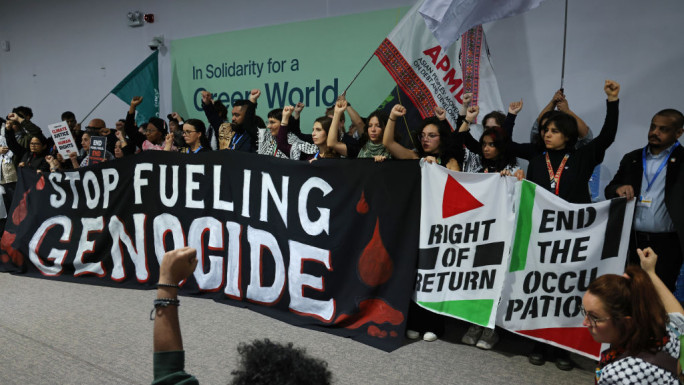
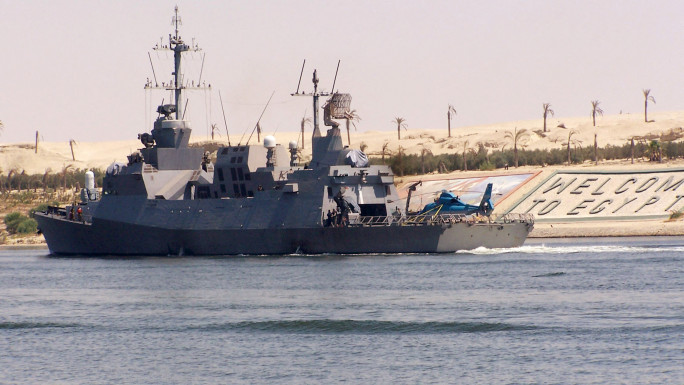
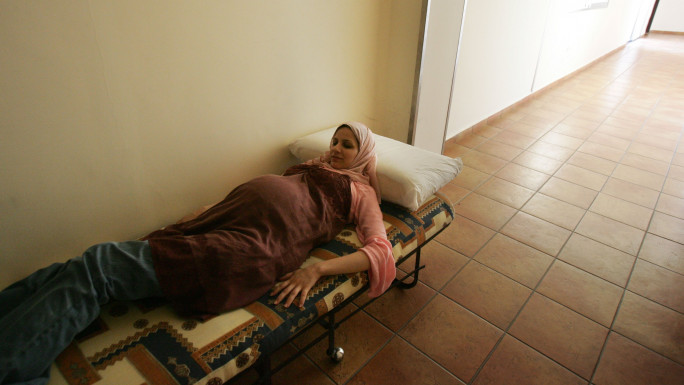
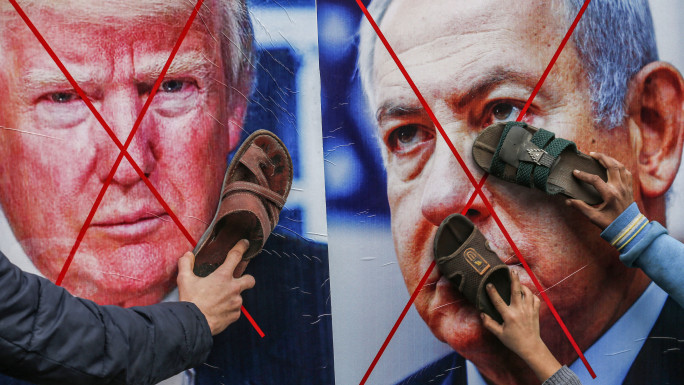
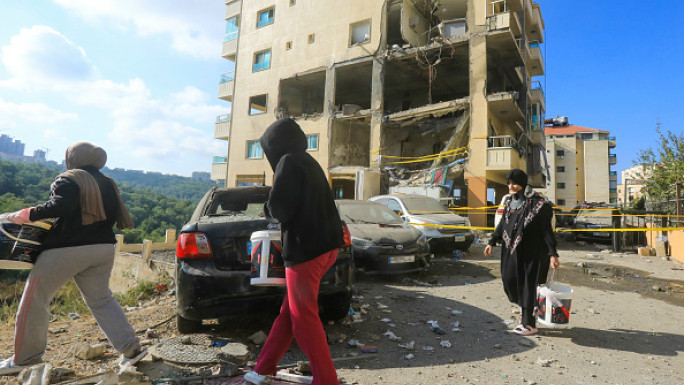
 Follow the Middle East's top stories in English at The New Arab on Google News
Follow the Middle East's top stories in English at The New Arab on Google News

